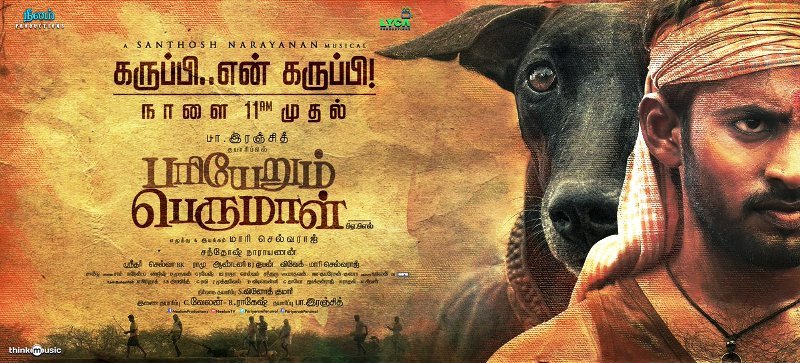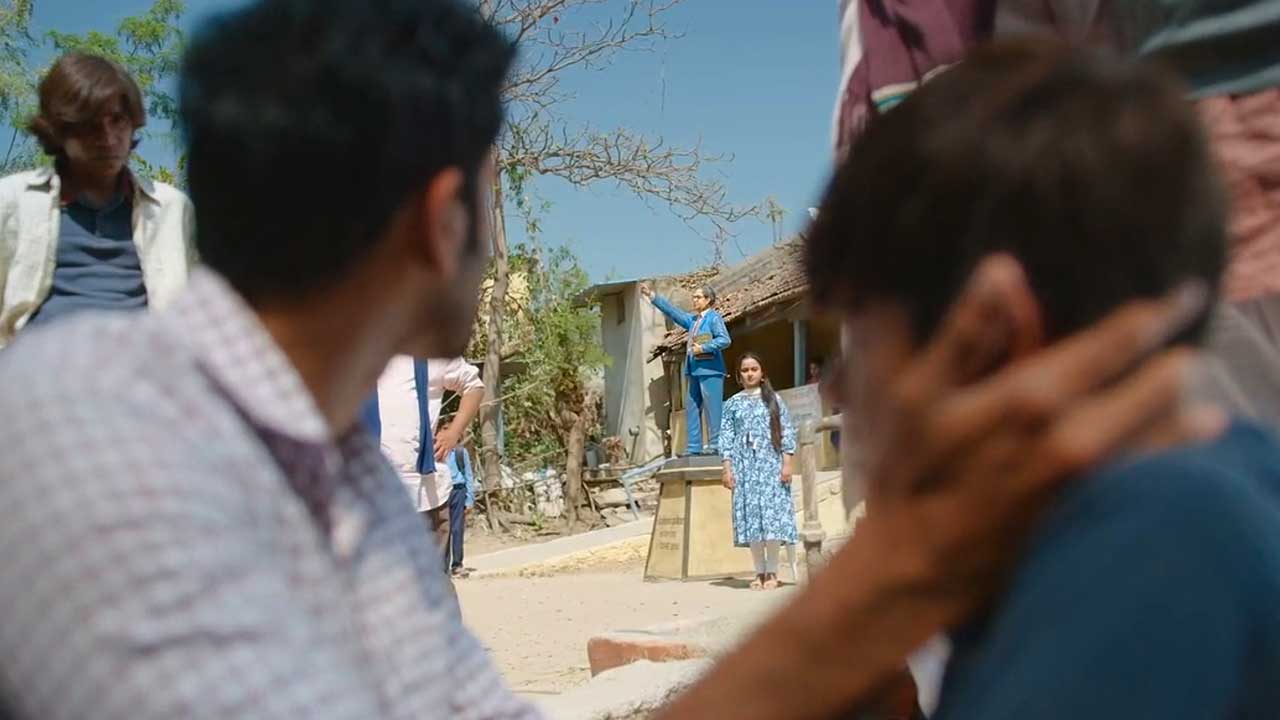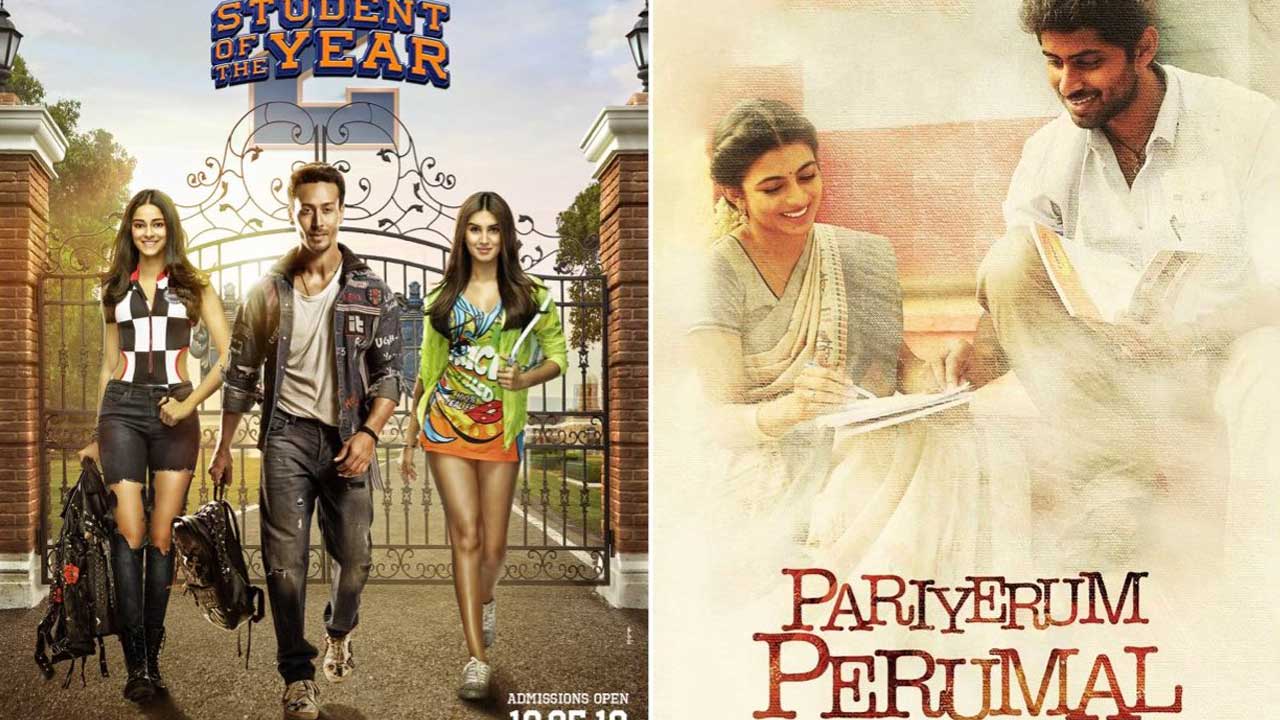There is a popular perception among the people of North India that the films made in South India belong to the action genre. Many South Indian films which speak to burning social and political issues don’t register as the ones that showcase action and glamour catch most people’s attention. The Tamil film Pariyerum Perumal has similarly gone unnoticed. Directed by Mare Selvaraj, the film was released on the last weekend of September 2018. The story is about a black dog Karuppi and a young Dalit man, Pariyerum Perumal (Kathir), a student of the law.

Perumal wants to become a lawyer so that he can shield his people from the tyranny of police and administration. He believes that the inordinately costly judicial process has become unaffordable for the Dalits to procure justice. Perumal does not speak English and feels overwhelmed at his law college, where the medium of instruction is English. Questioning the growing importance of English language in education, the film goes on to depict the prevalence of caste discrimination accurately and intelligently.

Perumal’s batchmate Jyothi Mahalakshmi helps him understand English and as they interact, they fall in love. Mahalakshmi belongs to an upper caste named Thevar and her family and society do not approve of her relationship with a Dalit boy. The plot delivers a powerful blow to the caste system and moves on.
Pariyerum Perumal belongs to a Dalit caste called Parayar and his father is a dancer who dances in female costume. In South India, some Dalit families offer their sons to temples. These boys dedicate their lives as dancers in devotion to the temple deity. Along with dances, the film highlights the negligence of emerging arts and the artists by mainstream society. The song Angum Pugazh, to which the temple boys dance in the film, has received rave reviews.

However, the most memorable part of the film is the linking of the caste question to a black dog the belongs to the local Rajpadyum community. The song Karuppi ye Karuppi has been used repeatedly in the film and has been highly appreciated. The upper-caste people kill Perumal’s dog Karuppi by tying it to the railway track. They do this to threaten Perumal and his friends and make them feel the sting of caste divisions.
In this way, the film has shed light on the confluence of black and blue that represents Dalit society, and the politics behind it. It is truly commendable. The weakest link in the film is Jyothi Mahalakshmi. It seems as if the character of Mahalaxmi is completely unaware of caste discrimination and wants to remain detached from it. Her character could have been a lot more powerful as a protagonist.
Films like Kaala, Kabali and Pariyerum Perumal are important not only because they highlight caste discrimination but also because directors close to Dalit society are making them. Important and active participation of artistes from Dalit society in these films makes them more nuanced and natural. Furthermore, presenting Dalit society and activism through an art form is important in itself.
Translation: Swayam Vid; Copy-editing: Zeeshan Ali
Forward Press also publishes books on Bahujan issues. Forward Press Books sheds light on the widespread problems as well as the finer aspects of Bahujan (Dalit, OBC, Adivasi, Nomadic, Pasmanda) society, culture, literature and politics. Contact us for a list of FP Books’ titles and to order. Mobile: +917827427311, Email: info@forwardmagazine.in)
The titles from Forward Press Books are also available on Kindle and these e-books cost less than their print versions. Browse and buy:
The Case for Bahujan Literature
Dalit Panthers: An Authoritative History





